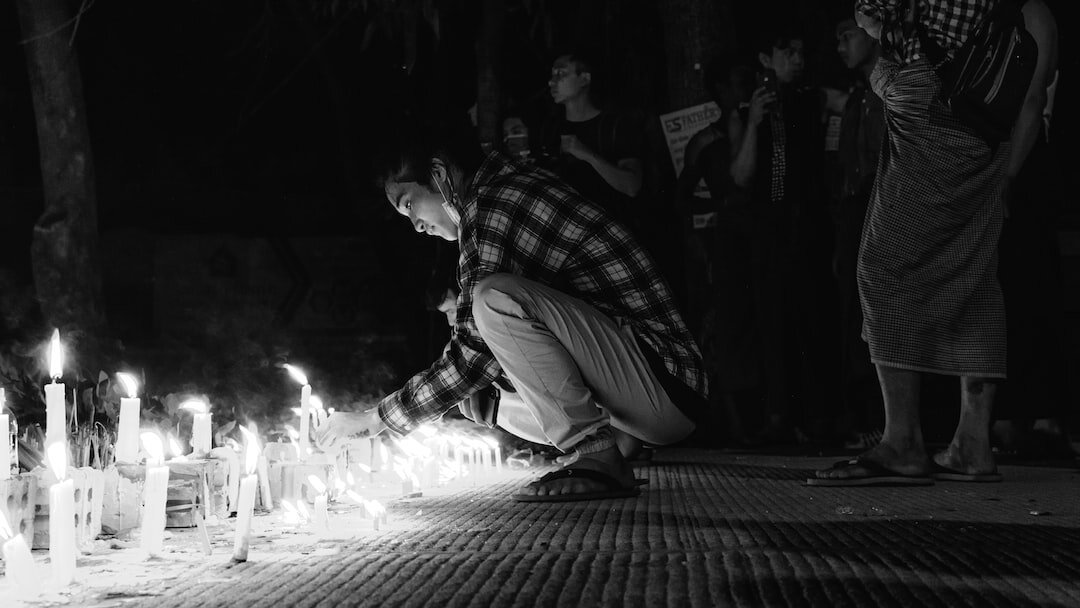
Wrongful Death Lawyers
A wrongful death case refers to a legal claim brought by the survivors or representatives of a deceased person against a party whose conduct caused the person's death. Wrongful death cases aim to compensate for the losses suffered by the surviving family members as a result of the death.
The compensation for a wrongful death case may include economic damages, such as loss of financial support, loss of benefits, medical expenses, funeral and burial costs, and non-economic damages, such as loss of companionship, emotional distress, and pain and suffering.
The death must have been caused by the negligence, wrongful act, or intentional wrongdoing of another party. This can include situations such as car accidents caused by a drunk driver, medical malpractice resulting in a patient's death, or a product defect leading to fatal injuries.
Typically, the immediate family members, such as the spouse, children, or parents of the deceased, have the legal standing to bring a wrongful death lawsuit. However, this can vary from case-to-case, depending on the facts.
If you believe a loved one has been the victim of a wrongful death, please call the UD Miami wrongful death lawyers at (305) 330-2397 or use our convenient online form to see if we can help.
What are the most common types of wrongful death cases?
Wrongful death cases can arise from a variety of circumstances where someone's negligence, intentional actions, or misconduct causes the death of another person. While the specific circumstances leading to wrongful death can vary, here are some common types of wrongful death cases:
Car Crashes: Fatalities resulting from car accidents are a leading cause of wrongful death claims. These cases can involve negligent or reckless driving, drunk driving, distracted driving, or other forms of driver negligence.
Medical Malpractice: When healthcare professionals, including doctors, nurses, or hospitals, provide substandard care or make errors that result in a patient's death, it can lead to a wrongful death claim. Examples include surgical errors, misdiagnosis, medication errors, or failure to monitor a patient's condition.
Workplace Accidents: Fatalities occurring in the workplace due to hazardous conditions, lack of safety protocols, inadequate training, or employer negligence can give rise to wrongful death claims. These cases can involve construction accidents, industrial accidents, falls, or exposure to toxic substances.
Product Liability: If a defective or dangerous product causes a person's death, it may lead to a wrongful death case. This can include faulty machinery, defective vehicles, unsafe pharmaceutical drugs, or other consumer products that result in fatal injuries.
Nursing Home Negligence: When nursing homes or assisted living facilities fail to provide proper care, neglect or abuse residents, and it results in a resident's death, it can lead to a wrongful death claim. This can include neglecting medical needs, inadequate supervision, or physical and emotional abuse.
Recreational Accidents: Fatalities occurring during recreational activities, such as boating accidents, swimming pool accidents, amusement park accidents, or sports-related incidents, can be the basis for wrongful death claims.
It's important to note that these are just a few examples. Each case is unique, and the specific circumstances surrounding the death will determine the appropriate legal action to be taken. If you believe you have a wrongful death claim, it's crucial to consult with an experienced wrongful death attorney who can evaluate your case and guide you through the legal process.
What kinds of damages are available to victims of wrongful death?
In Florida, wrongful death damages can be divided into two categories: economic damages and non-economic damages. The specific types of damages available may vary depending on the circumstances of the case. Here are the commonly recognized types of wrongful death damages in Florida:
Economic Damages:
Loss of Support and Services: This includes the value of financial contributions, such as income and benefits, that the deceased person would have provided to the surviving family members.
Loss of Future Earnings: If the deceased person was the primary earner or had future earning potential, the surviving family members may be entitled to compensation for the income that would have been earned over their expected work-life expectancy.
Medical and Funeral Expenses: The reasonable and necessary medical and funeral expenses incurred as a result of the injury and death can be recovered.
Loss of Consortium: This refers to the loss of the companionship, guidance, and emotional support that the deceased person would have provided to their spouse.
Non-Economic Damages:
Pain and Suffering: Compensation for the physical pain, suffering, and mental anguish endured by the deceased person from the time of injury until their death.
Loss of Companionship and Protection: This includes the loss of the deceased person's love, affection, companionship, guidance, and protection for the surviving spouse, children, and parents.
Emotional Distress: Damages for the emotional distress experienced by the surviving family members due to the loss of their loved one.
Punitive Damages (in certain cases):
In cases where the defendant's actions were particularly egregious, reckless, or intentional, punitive damages may be awarded. Punitive damages are intended to punish the defendant and deter similar conduct in the future. However, Florida law sets certain criteria and limitations for awarding punitive damages.
It's important to consult with an experienced wrongful death attorney to understand the specific types of damages that may apply to your case and the applicable laws in Florida. They can evaluate your situation, gather evidence, and guide you through the legal process to seek fair compensation for the losses you have suffered as a result of the wrongful death.
-
*The information provided on this website is for general educational purposes only. This information is not legal advice and does not create any attorney-client relationship.
